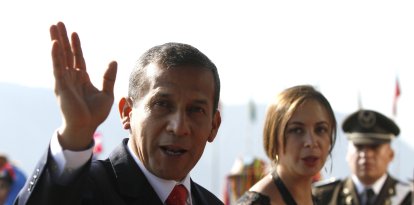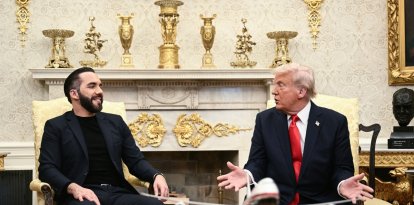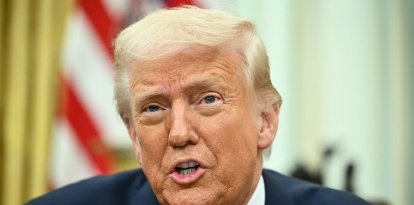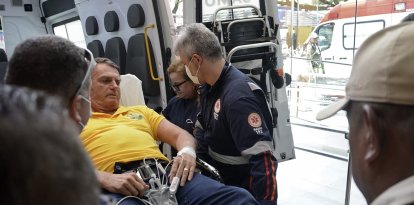The United States does not lose faith in the African continent and invites countries to distance themselves from Russia's growing influence
During the last few months, military revolts overthrew the governments of Mali, Burkina Faso and Niger. The danger is that their new leaders are looking to Vladimir Putin for support.
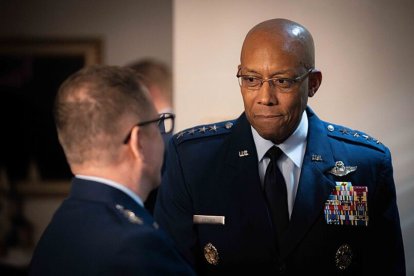
CQ Brown
Over the past few months, several African countries have become a headache for the United States. There has been a rash of military revolts that have overthrown the respective governments of several African nations including Mali, Burkina Faso and Niger. These administrations previously had close ties to the United States, something that could change drastically in light of current circumstances.
The U.S. even had to withdraw troops from its bases in Niger and Chad, opening the possibility of moving some troops to other West African nations. To that end, the chairman of the Joint Chiefs of Staff, CQ Brown, arrived in Botswana on Monday to try to diffuse tensions.
The problem for the White House lies in the fact that the new regimes are flirting with Vladimir Putin's Russia, to the detriment of U.S. influence in the region.
">Grateful for the opportunity to participate in the African Chiefs of Defense Conference. The U.S. remains steadfast in collaborating with our regional partners to address pressing security challenges and promote stability across the continent. pic.twitter.com/Zc8h2ur5yB
— General CQ Brown, Jr. (@GenCQBrownJr) June 25, 2024
Speaking to reporters, Brown acknowledged that they were withdrawing 1,000 troops from Niger, including from a major anti-terrorist base. However, he did not rule out the possibility of moving those troops and bases to neighboring countries that do want to strengthen ties with the U.S.
"There are other countries in the region where we already have either a small presence or have relationships. Part of this is looking at how we continue to build on those relationships which may provide opportunities for us to posture some of the capabilities we had in Niger in some of those locations," he said.
At the same time, he said he would engage in a series of meetings with African counterparts, with the goal of increasing influence in the region. "That's why this conference is important," Brown said.
">Honored to meet with Botswana President Masisi in Gaborone. Botswana is a key partner to the U.S. in advancing shared goals for a safer, more prosperous Africa. I appreciate Botswana’s leadership in co-hosting this year’s African Chiefs of Defense Conference. @OfficialMasisi pic.twitter.com/ToSPowBItF
— General CQ Brown, Jr. (@GenCQBrownJr) June 25, 2024
Even an official speaking on condition of anonymity to AP said the aforementioned Botswana meeting is an opportunity to foster military relations across the continent.
"The senior defense official said the withdrawal of U.S. forces and all the equipment from Niger is about 30% complete, and will be completed on Sept. 15, if necessary. The official said that the pace of the pullout will ebb and flow, as troops leave based on whenever their weapons systems and equipment are removed. Roughly 600 troops currently remain there," the media reported.
The current chairman of the Joint Chiefs of Staff was confirmed in September of 2023, after a long tug-of-war between the White House and the Senate. Although Joe Biden nominated the now former Air Force general in May, Sen. Tommy Tuberville (R-AL) delayed military promotions for seven months, thus delaying the naming of Mark Milley's successor.
In addition to being the highest-ranking military officer in the country, the chairman of the Joint Chiefs of Staff works as the top military advisor to the president, the National Security Council and the National Security Council.
RECOMMENDATION


